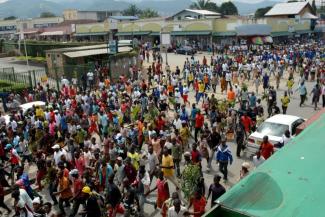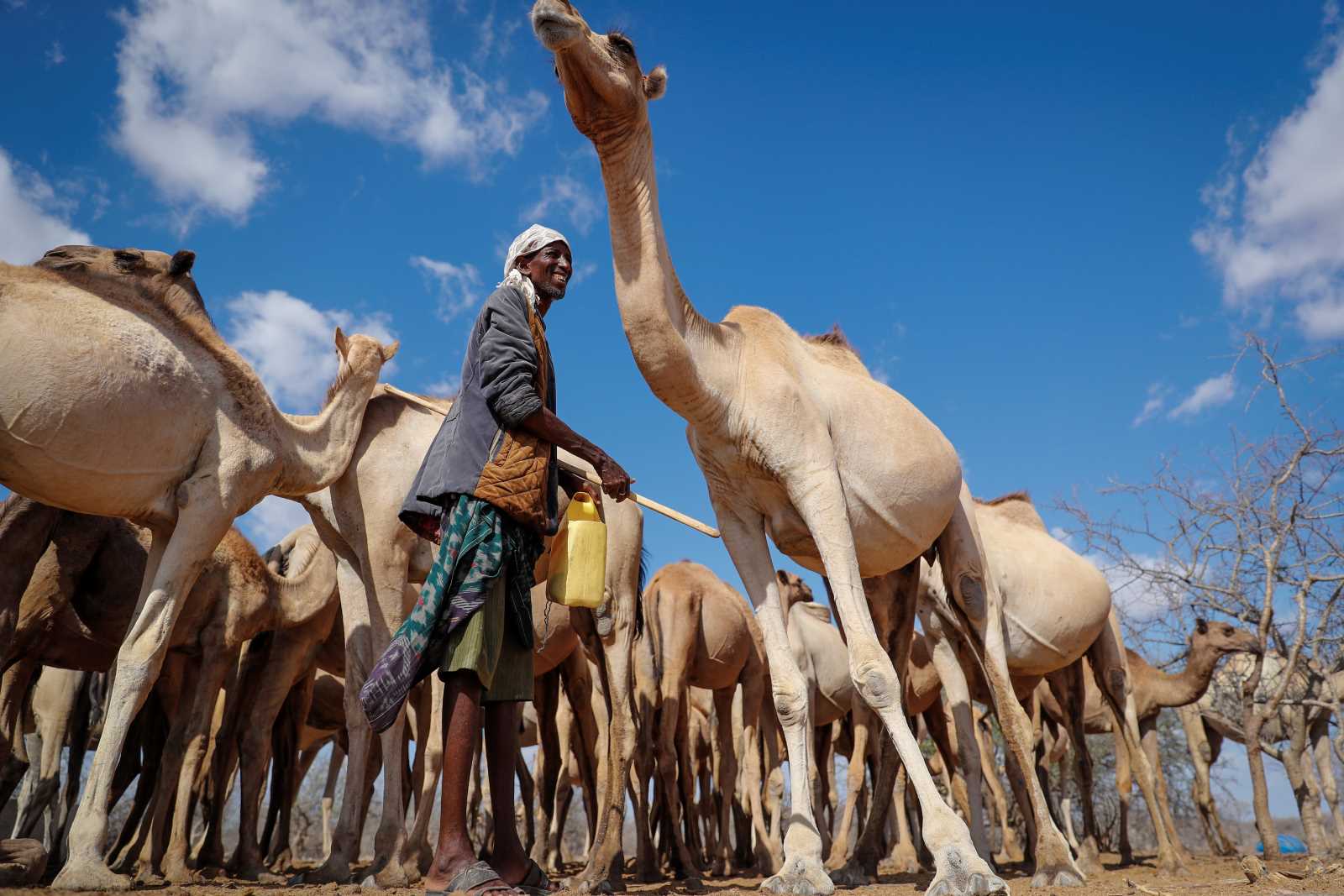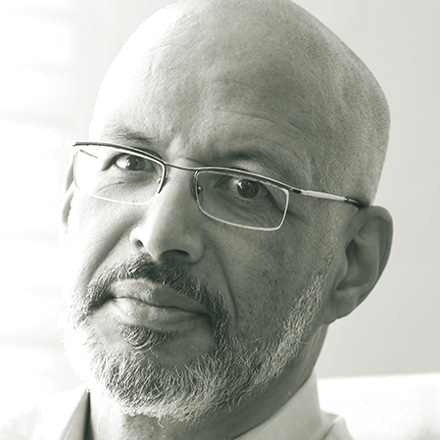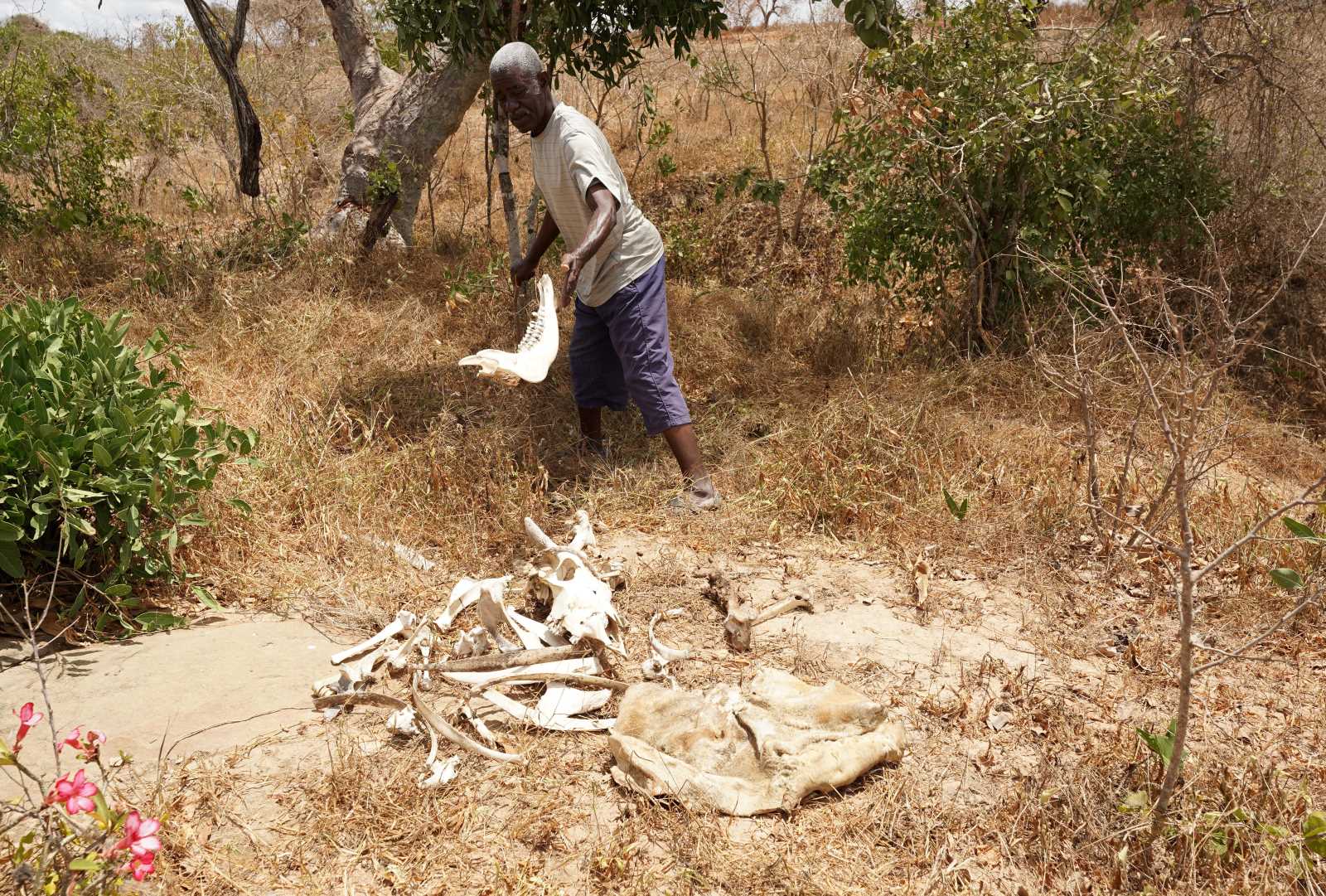Crises
Neglected by the world

A recent report published by CARE has the title “Suffering in silence”. It lists 10 major humanitarian crises that only got little media attention in 2016. In cooperation with the Meltwater Group, a media agency, CARE has assessed more than 250,000 sources online.
One of the neglected crises concerns Eritrea. According to CARE, the country has been largely sealed off, and neither journalists nor aid agencies get sufficient information. The UN reckons that some 2 million people in Eritrea do not get enough food, and about 50 % of the children are affected by malnutrition and stunting. About 5,000 Eritreans are fleeing the country every month in order to escape violence, economic misery and lifelong military service.
Burundi is another country on the CARE list. The authors write that a political conflict has escalated into a crisis so severe that some 3 million people require humanitarian aid. Many farmers cannot till the land, the report points out, and women and children lack basic services – including health care, water, food and sanitation. The estimates are that some 130,000 people have been displaced internally, and 300,000 have fled to neighbouring countries.
North Korea is another country that did not get sufficient attention in 2016. Apart from sporadic news concerning nuclear tests, the international community does not get much information. The humanitarian situation is bad, however, as CARE points out, with 70 % of the people – including 2 million children, pregnant women and breastfeeding mothers – not getting enough to eat.
The media, moreover, are not showing much interest in the Democratic Republic of the Congo (DRC), which has been haunted by strife for over 20 years. Increasing violence has shattered hopes for peace last year, according to CARE, and many children and teenagers consider violence and war to be normal. Several issues are said to be compounding the humanitarian problems, including clashes of armed gangs, draught, the impact of the climate phenomenon El Niño and the inflow of refugees from neighbouring countries such as Burundi, South Sudan and the Central African Republic.
Other neglected crises on the CARE list concern Madagascar, the Lake Chad Bassin, Bangladesh, Papua New Guinea, the Central African Republic and Sudan. Since neglecting crises means to neglect people, CARE calls for more media attention.
In Germany, CARE and ten other humanitarian agencies have joined hands with the German Foreign Office in a campaign called “#nichtvergesser” (not-forgetters). The idea is to raise awareness of the plight of millions of people who desperately need support in order to be able to survive.
To facilitate humanitarian relief, CARE raises the following demands:
- Conflicts must end. Accordingly, political leaders must rise to their responsibilities, and the UN Security Council needs to be reformed.
- More money must be made available. Major humanitarian crises must be acknowledged, and funding decisions must not depend on political convenience.
- International humanitarian law must be upheld. Attacks on aid workers must stop, and perpetrators must be taken to court.
- Local people must be empowered. National and local capacities for dealing with disasters must be developed.
- Women must be made agents of change. They are worst affected by strife. Moreover, the most humanitarian relief is relief that directly addresses women. Nonetheless, only one percent of funding for fragile states was invested in women’s groups in 2013, for example.
- The media need a boost too. Because of reduced revenues and budgets, media houses have slashed the number of reporters in crisis regions.
Links
CARE, 2017: Suffering in silence. The 10 most under-reported humanitarian crises of 2016.
http://insights.careinternational.org.uk/media/k2/attachments/REPORT_Suffering_in_Silence_web_version.pdf
Campaign #nichtvergesser (in German):
http://www.nichtvergesser.de













